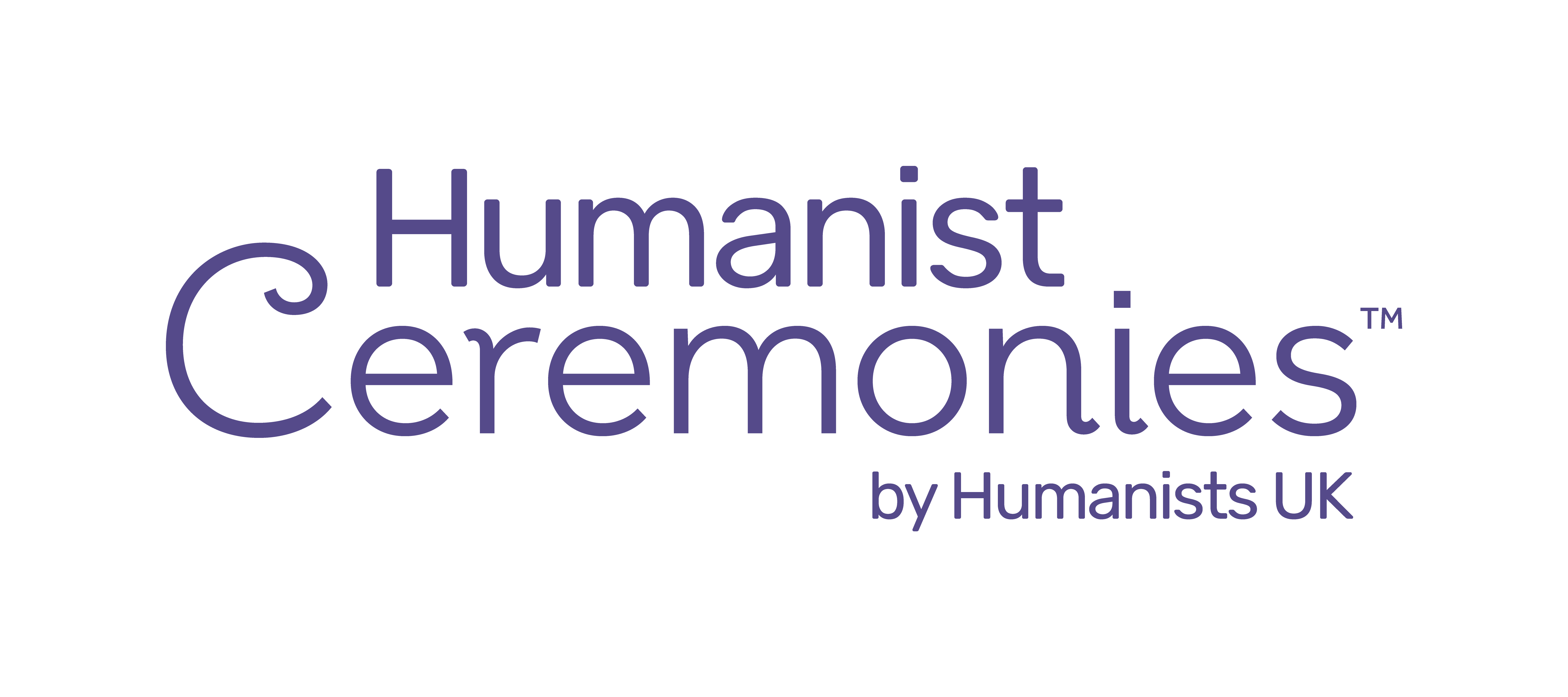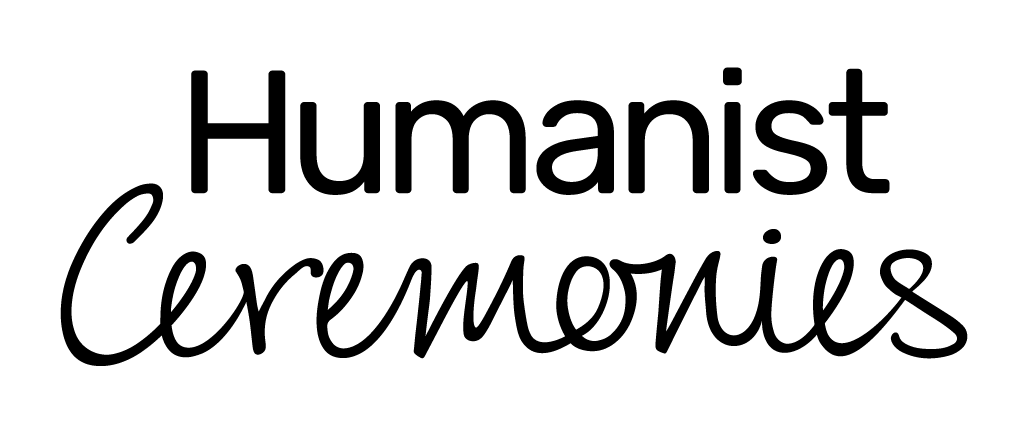Research
Research
One of the most misused and misunderstood words in current usage on social media is ‘research’.
‘I’ve done my research, I read an article about this on Facebook’.
‘My mother’s neighbour knows somebody who met a man in the pub who told her that the world was definitely flat, therefore the world is flat, I’ve done my research’.
So how can we define research. We can do no better than read the words of one of the greatest scientists who ever lived, Richard Feynman.
“That is the idea that we all hope you have learned in studying science at school – we never explicitly say what this is, but just hope that you catch on by all the examples of scientific investigation.”
“It’s a kind of scientific integrity, a principle of scientific thought that corresponds to a kind of utter honesty – a kind of leaning over backwards. For example, if you’re doing an experiment, you should report everything that you think might make in invalid – not only what you think is right about it: other causes that could possibly explain your results: and the things you thought of that you’ve eliminated by some other experiment, and how they worked – to make sure the other fellow can tell they have been eliminated.”
“Details that could throw doubt on your interpretation must be given, if you know them. You must do the best you can – if you know anything at all wrong, or possibly wrong – to explain it. If you make a theory, for example, and advertise in, or put it out, then you must also put down all the facts that disagree with it, as well as those that agree with it. There is also a more subtle problem. When you have put a lot of ideas together to make an elaborate theory, you want to make sure, when explaining what it fits, that those things it fits are not just the things that gave you the idea for the theory; but that the finished theory makes something else come out right, in addition.”
“In summary, the idea is to try to give all of the information to help others to judge the value of your contribution; not just the information that leads to judgement in one particular direction or another.”
Feynman goes on to explain that if you are going to rely on someone else’s work, it behoves you to check all of the facts yourself. If you are relying on someone else’s experiment you should repeat that experiment yourself and ensure that you understand it. If you are relying on something that someone else has said or done, it behoves you to name them and the source where you found them
[extract from Surely, You’re Joking, Mr Feynman. Published by W.W. Norton & Company]

Richard Phillips Feynman, was an American theoretical physicist, known for his work in the path integral formulation of quantum mechanics, the theory of quantum electrodynamics, and the physics of the superfluidity of supercooled liquid helium, as well as in particle physics for which he proposed the parton model. For contributions to the development of quantum electrodynamics, Feynman received the Nobel Prize in Physics in 1965 jointly with Julian Schwinger and Shin’ichirō Tomonaga.

